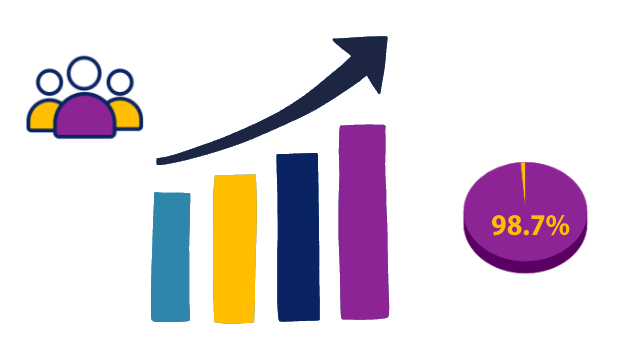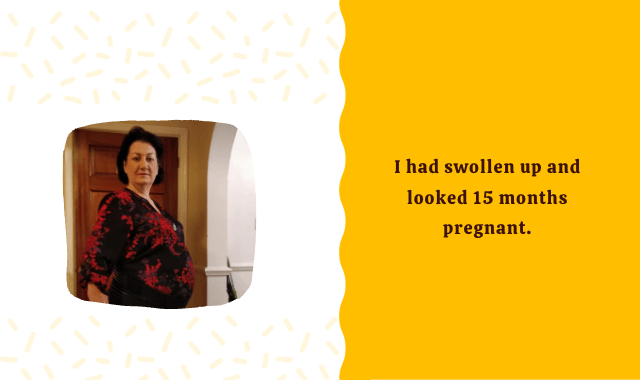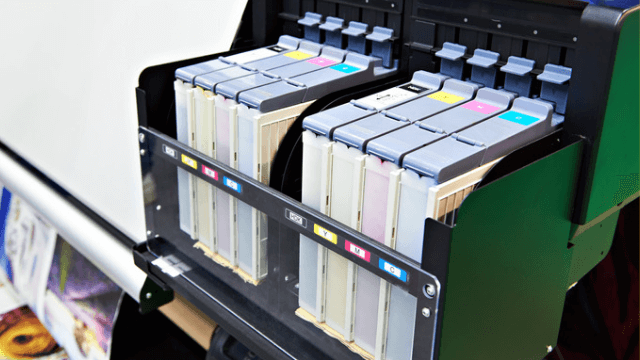It’s estimated that 1 in 2 people in the UK born after 1960 will be diagnosed with some form of cancer during their lifetime. What numbers are there for pseudomyxoma peritonei (PMP)?


It’s estimated that 1 in 2 people in the UK born after 1960 will be diagnosed with some form of cancer during their lifetime. What numbers are there for pseudomyxoma peritonei (PMP)?

Late in 2020, I went to A&E with stomach pains. I had a CT scan which showed a mass in my pelvic cavity the size of a grapefruit.

We’re registered with Recycle 4 Charity who will make us a donation for your empty printer ink cartridges.
Aditi Bhatt is an Indian surgical oncologist who specializes in the
management of primary peritoneal malignancies and secondary peritoneal metastases of gastrointestinal and gynecological origin.
Audrey Hepburn believed that ‘As you grow older, you will discover that you have two hands, one for helping yourself, the other for helping others’ and this is the ethos of Pseudomyxoma Survivor.
Being diagnosed with pseudomyxoma peritonei (or PMP) came as a huge shock. It was discovered accidentally as my usual yearly bloods showed abnormalities.
Following a major operation in September to remove my left ovary, a cyst, my appendix and litres of mucinous jelly from my abdomen, in November I received the horrible news that I definitely had cancer. We didn’t know which cancer, whether it was mucinous ovarian cancer or pseudomyxoma peritonei (or PMP). I was told we could wait several months for a final diagnosis.
On the 4th May 1974, we married in the beautiful Christchurch Priory which was then Hampshire and is now Dorset, to have and to hold from this day forward. I didn’t realise how important the words in our vows “in sickness and in health” were at the time.
In 2021, in the midst of the Covid-19 pandemic, I had cytoreductive surgery and HIPEC at the Basingstoke and North Hampshire hospital.
Faheez Mohammed from the Peritoneal Malignancy Institute in Basingstoke explains the preliminary results of the GNAS trial and what it could mean for patients.
I became a trustee for Pseudomyxoma Survivor this year. I really wanted to do something positive after being diagnosed with a recurrence in 2020.
It’s Trustees’ Week from 1st-5th November 2021 and we’re hoping to give you an idea what it’s like to be a trustee with Pseudomyxoma Survivor. Alison shares her experiences of becoming a trustee with Pseudomyxoma Survivor